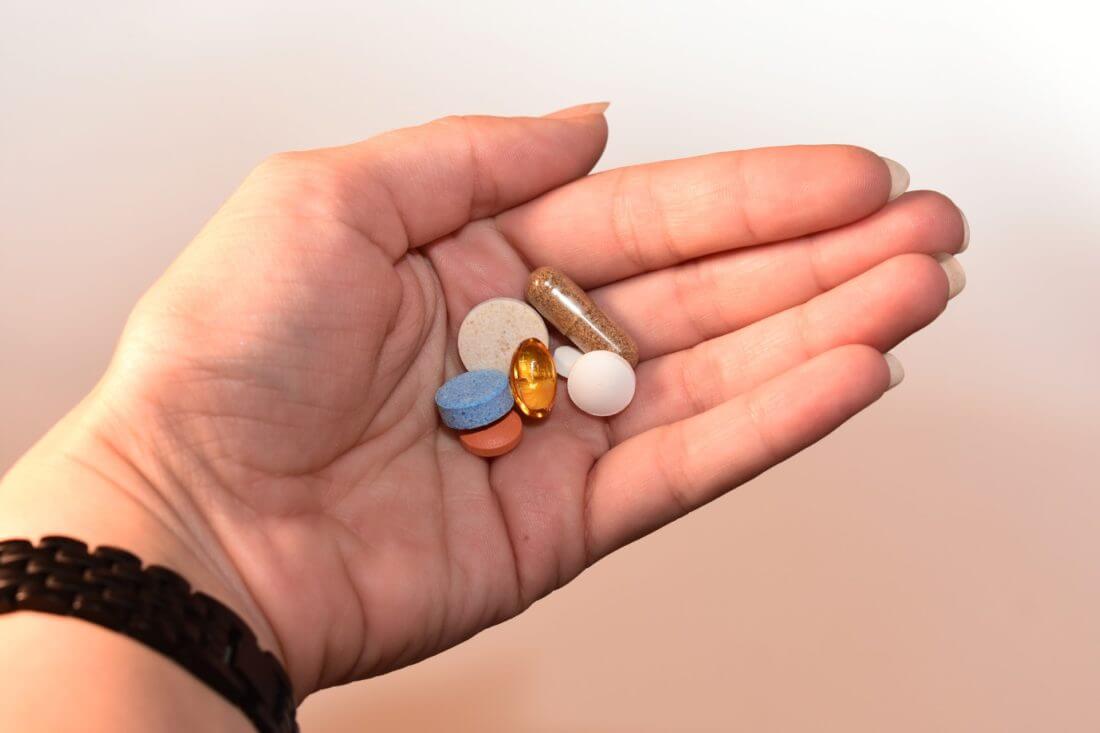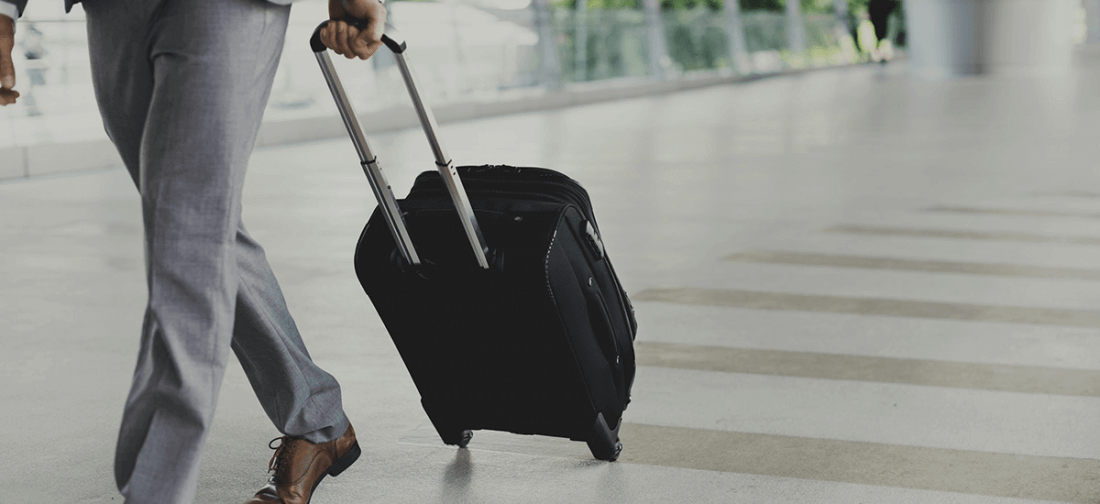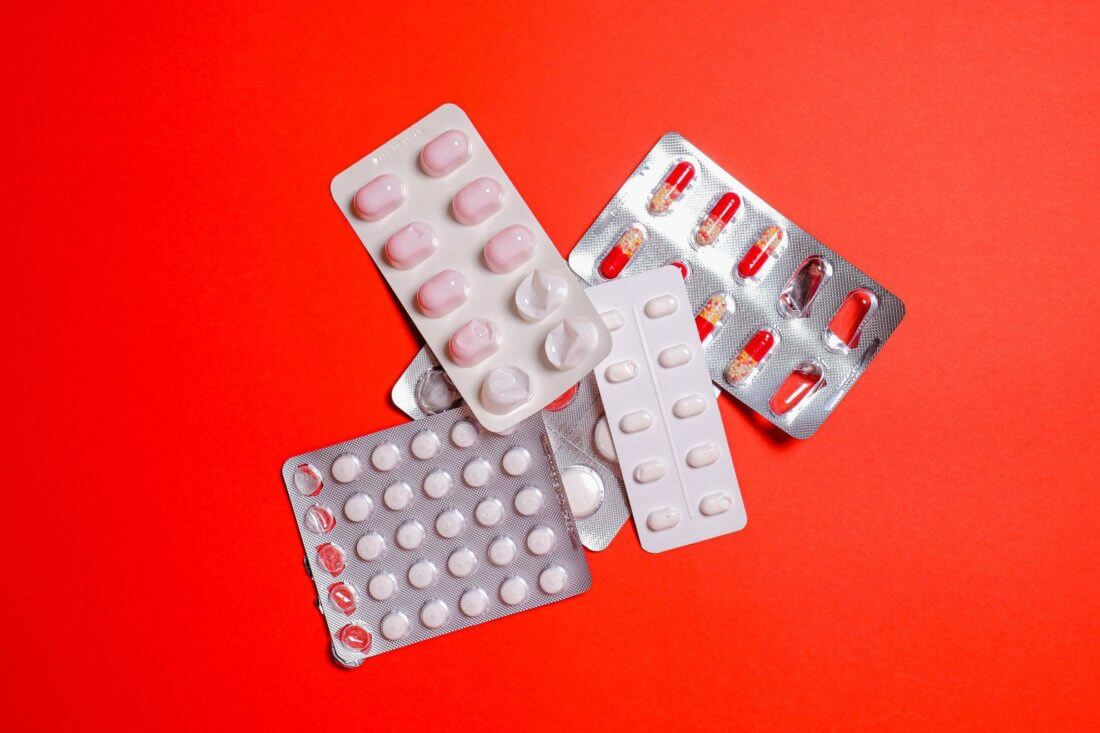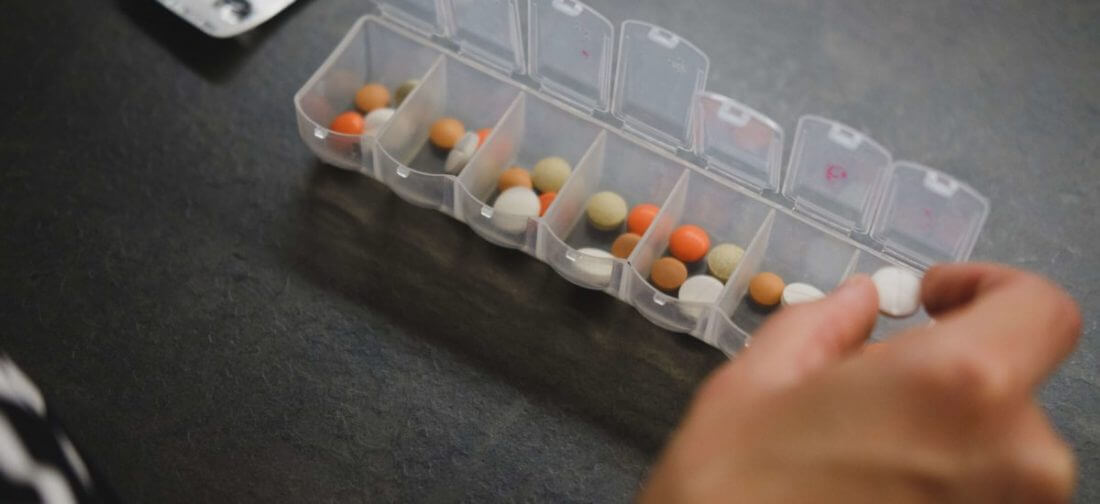Are you suffering from a chronic illness and wondering how to pack medications when flying to a new home? The first thing to know is that flying with prescription medication is allowed as long as you don’t bring any liquid in a container larger than 3.4 ounces on the plane. However, there are other specific rules to follow if you want to travel with medicine, so the best way to avoid any problems is to get familiar with them before you move on to the actual packing.


Plan Ahead
Precaution is essential. Before leaving, make copies of your prescriptions and leave one set with your family member and take one set with you. People prone to allergies of any kind should have a doctor’s note containing specific instructions about the adequate treatment or at least wear a medical alert bracelet.


Label and Prepare Medication for Living Out of State
Before relocating cross-country (on your own or with the help of professional moving services), you should check whether the medication you are using is legal in your designated destination since each state can have different regulations. We suggest you contact the state officials of the state you are going to and check their regulations. Just remember to include this step on your checklist for moving.
Another option you might consider is mailing your medicine. However, doing it without an import certification is not a good idea either. You can find information about the medication policy of the state of your interest on the website of the State Department.
Prepare a Note From Your Doctor
Before taking the trip, contact your doctor to inquire about the health issues you may encounter at your final destination. It is not the same if you are traveling to the mountains with high altitude or to a state with high humidity if you have specific health issues.
Additionally, you should know if your regular medicine will be available there and if the state offers adequate care standards for your medical condition. Have your doctor prepare a letter indicating all your medical problems and required medicine. Also, make sure the names of each medication contain the generic or chemical name of the substance, as the actual drug names may differ and the local pharmacists may not be familiar with them.


Search for Information Before You Travel
Before you start packing your items, you should check if you can actually take any of your drugs. We suggest you take advantage of the assistance offered by the TSA Contact Center which was established to provide answers to all your questions regarding the transport of medications. There is also a TSA Cares Help Line for travelers with disabilities and various health conditions, which is best contacted 72 hours in advance.
Get Information Directly From the Airport
US airports comply with the rules established by the Transportation Security Administration (TSA). Those regulations allow bringing medicine onto the plane, even in a liquid state, only if they are placed in containers with a maximum size of 3.4 ounces and protected with other liquids in a clear zip-top plastic bag.
What Can You Bring On the Plane?
While each airliner may have different safety regulations, plenty of items can be brought on the plane no matter who you choose to fly with. These include:
- prescriptions and other medications
- water, juice, and gels which are crucial for your medical condition
- life-sustaining materials
- baby formula
- frozen gels for cooling specific medicine
If the bottles are larger, they should be packed separately in a carry-on bag and properly declared. The security officer may ask you to open the bottles for inspection and even test the liquid. Just make sure to come to the airport early enough.


Packing and Flying With Prescription Medication
Prescription drugs should definitely be packed in your carry-on bag and stored in their original containers, as they need to be available at any moment. Some travel experts even suggest packing all the necessary supplies in your hand luggage, because flights can get delayed and the luggage can get lost. Make sure you arrive at the airport earlier to be able to go through the necessary inspections. And, as we’ve said, check with your airline company what its regulations regarding the medications are to make sure you comply with them.


Helpful Travel Tips
Liquid medicine needs to be declared with security officers. If the quantity exceeds the allowed 3.4 ounces, you can still get it on the plane if you present them to the authorized officer for screening. Pills and medications in solid form are not limited, but they still need to be screened.
Pack all your medicine in your carry-on bag in their authentic containers to keep them safe. Medications are X-rayed at the checkpoint unless you specifically ask the officers to inspect it visually. If you are crossing different time zones, calculate the time of taking your medicine appropriately.


Be Strategic About Your Meds
Obviously, you know which medications you need to pack for your regular use, but authorized institutions suggest general medical supplies you should carry as a first-aid option. According to instructions, you should carry allergy medicine such as EpiPen if you are prone to allergies, painkillers and fever cures, laxatives, mild sedatives, and sleeping tablets. You should also have antibacterial wipes or hand sanitizer, eye drops, and a first-aid kit.
Don’t forget to bring your regular or travel health insurance card. And make a plan for your moving expenses checklist ahead, so you can buy all the necessary medicine on time.






